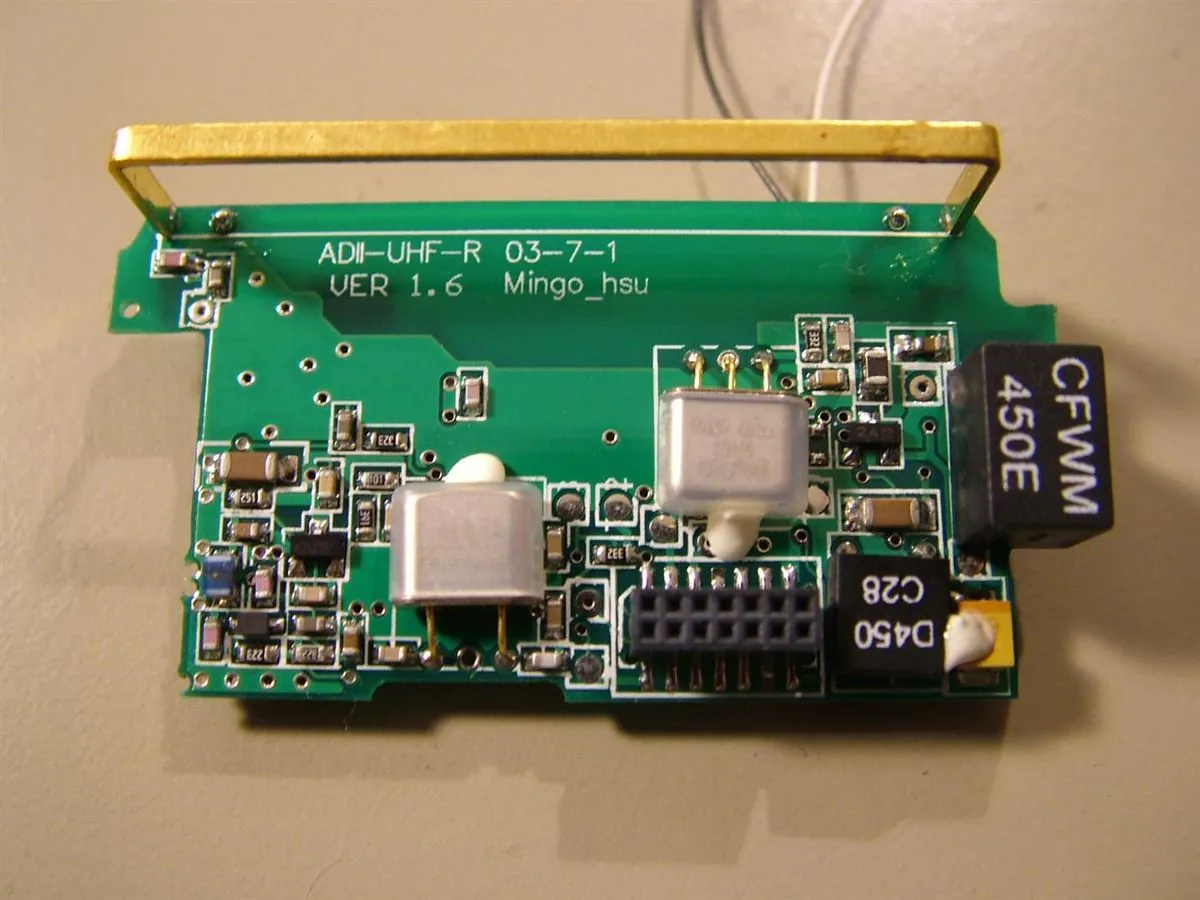In a sophisticated covert operation, Israel's intelligence agency, Mossad, reportedly embedded explosives in pagers ordered by the Lebanese group Hezbollah, leading to widespread detonations across Lebanon. This incident, occurring on September 17, 2024, resulted in nine fatalities and nearly 3,000 injuries, including Hezbollah fighters and Iran's ambassador to Beirut.
The operation involved 5,000 Taiwan-manufactured pagers, specifically the AP924 model produced by Gold Apollo. These devices were allegedly modified at the production level to include a small explosive charge, estimated at up to three grams per unit. The pagers were brought into Lebanon in spring 2024, remaining undetected for months before their activation.
Hezbollah had adopted pagers as a low-tech communication method to evade Israeli location tracking. However, this strategy backfired when 3,000 of the devices simultaneously detonated upon receiving a coded message. The explosives were reportedly concealed within a board injected into the pagers, making detection extremely challenging.
This incident marks a significant breach in Hezbollah's security, described by one official as the group's "biggest security breach" since the onset of the Gaza conflict on October 7, 2023. The attack's sophistication and scale have raised questions about the group's vulnerability to infiltration.
"This would easily be the biggest counterintelligence failure that Hezbollah has had in decades."
The use of pagers in this operation highlights the ongoing evolution of espionage tactics. While pagers were largely replaced by mobile phones in the late 1990s, their use in this context demonstrates how older technologies can be repurposed for covert operations.
Hezbollah, an Iran-backed organization established in 1985, has vowed retaliation against Israel. The Israeli military has declined to comment on the blasts, maintaining its standard policy of ambiguity regarding covert operations.
This incident underscores the complex dynamics of the Lebanon-Israel border region, which has been a hotspot of tensions for decades. It also raises concerns about the potential for escalation in an already volatile area, particularly in light of the ongoing conflict in Gaza.
As international law prohibits attacks on civilians and civilian infrastructure, the legality and ethical implications of this operation are likely to be subjects of debate in the coming weeks. The incident serves as a stark reminder of the ongoing intelligence war being waged in the shadows of the Middle East conflict.
